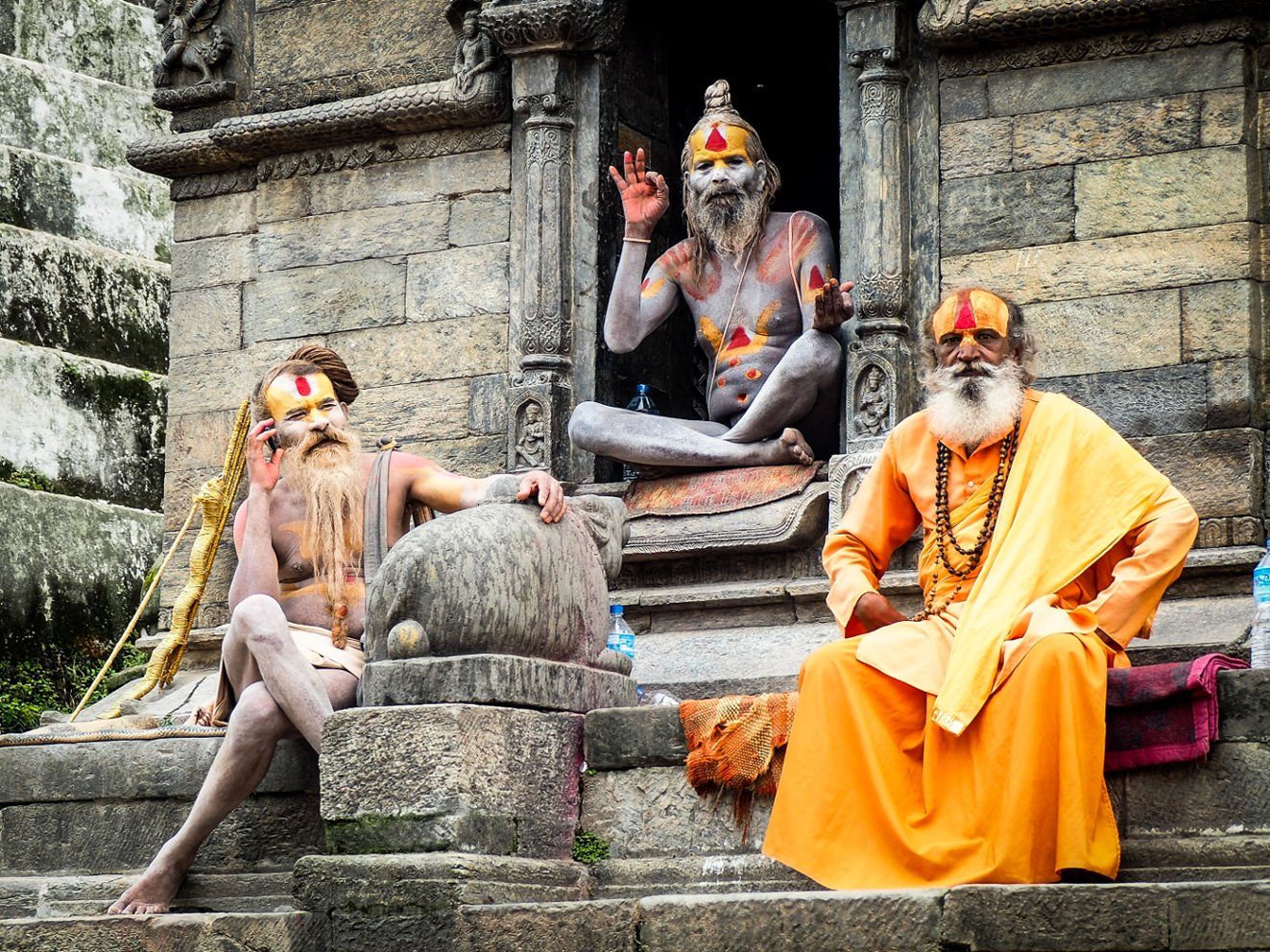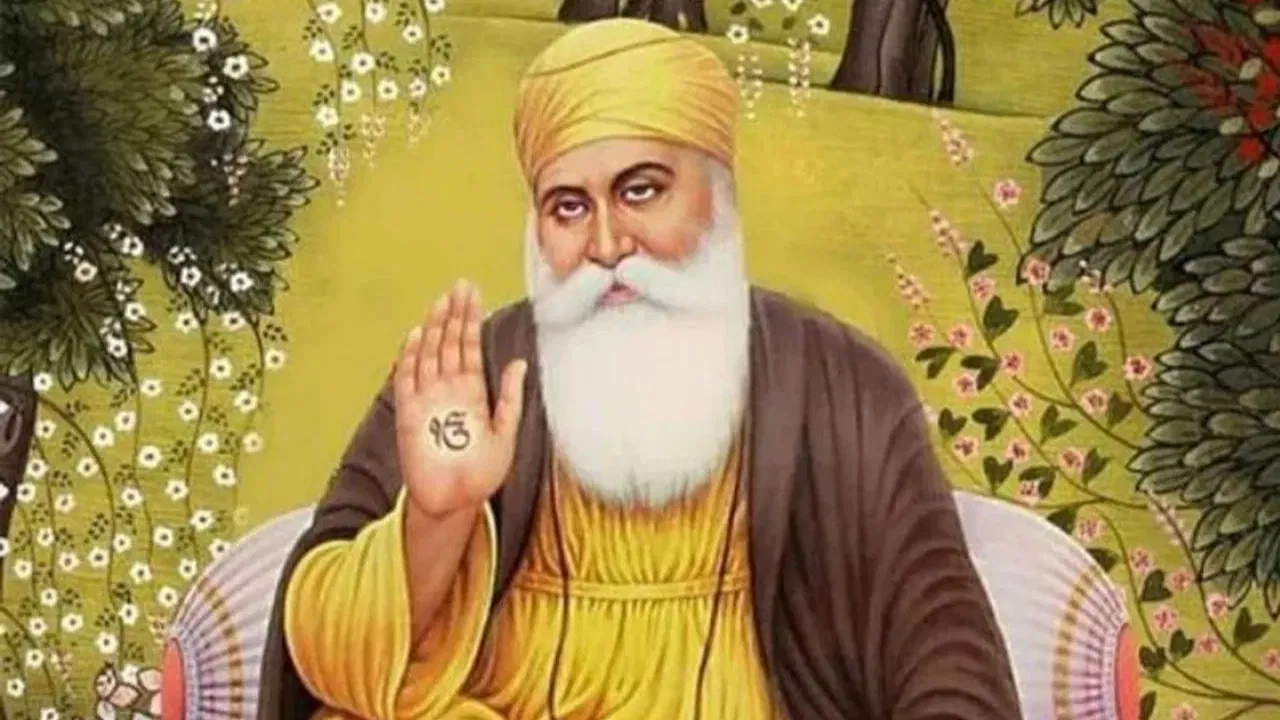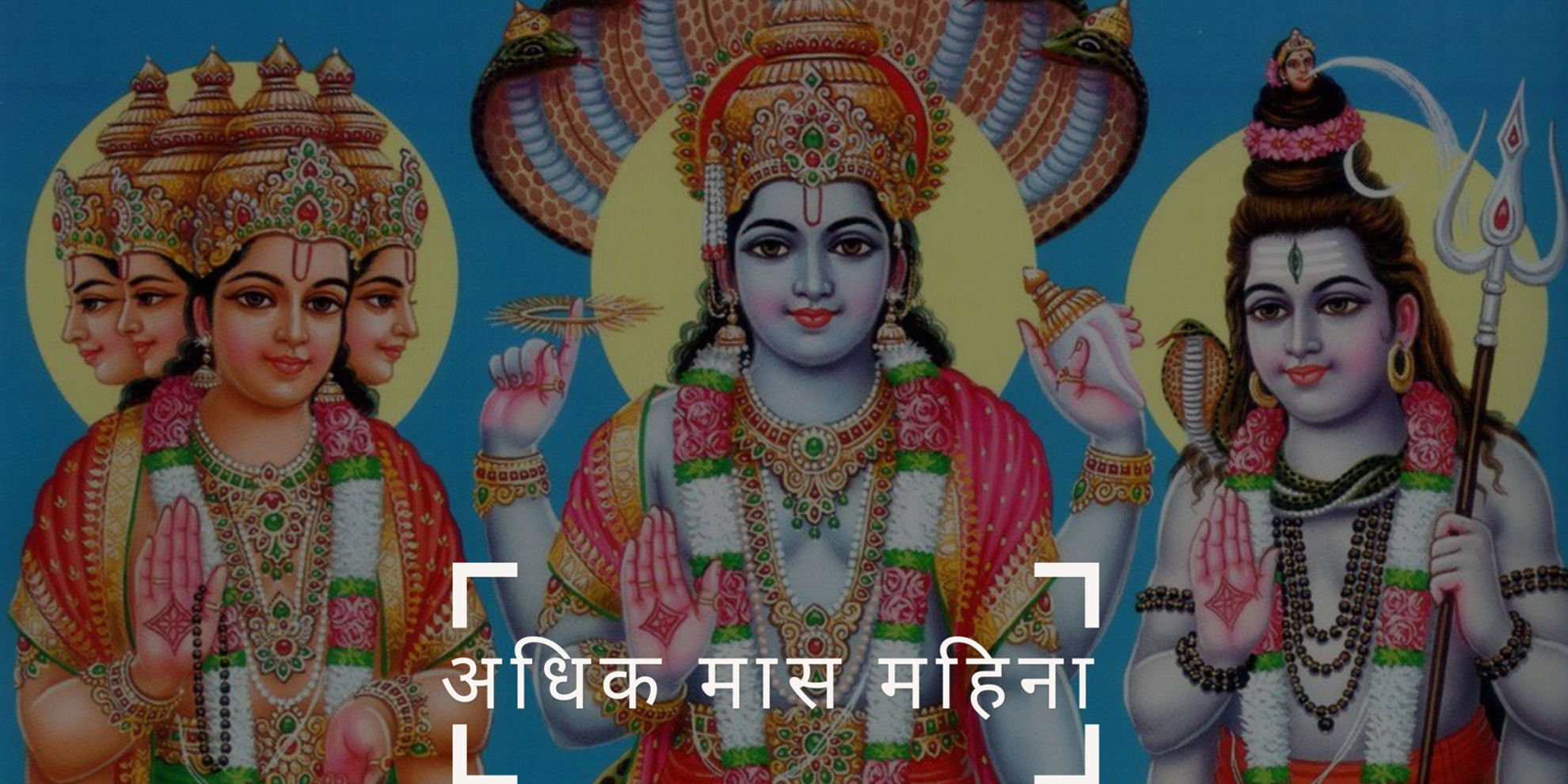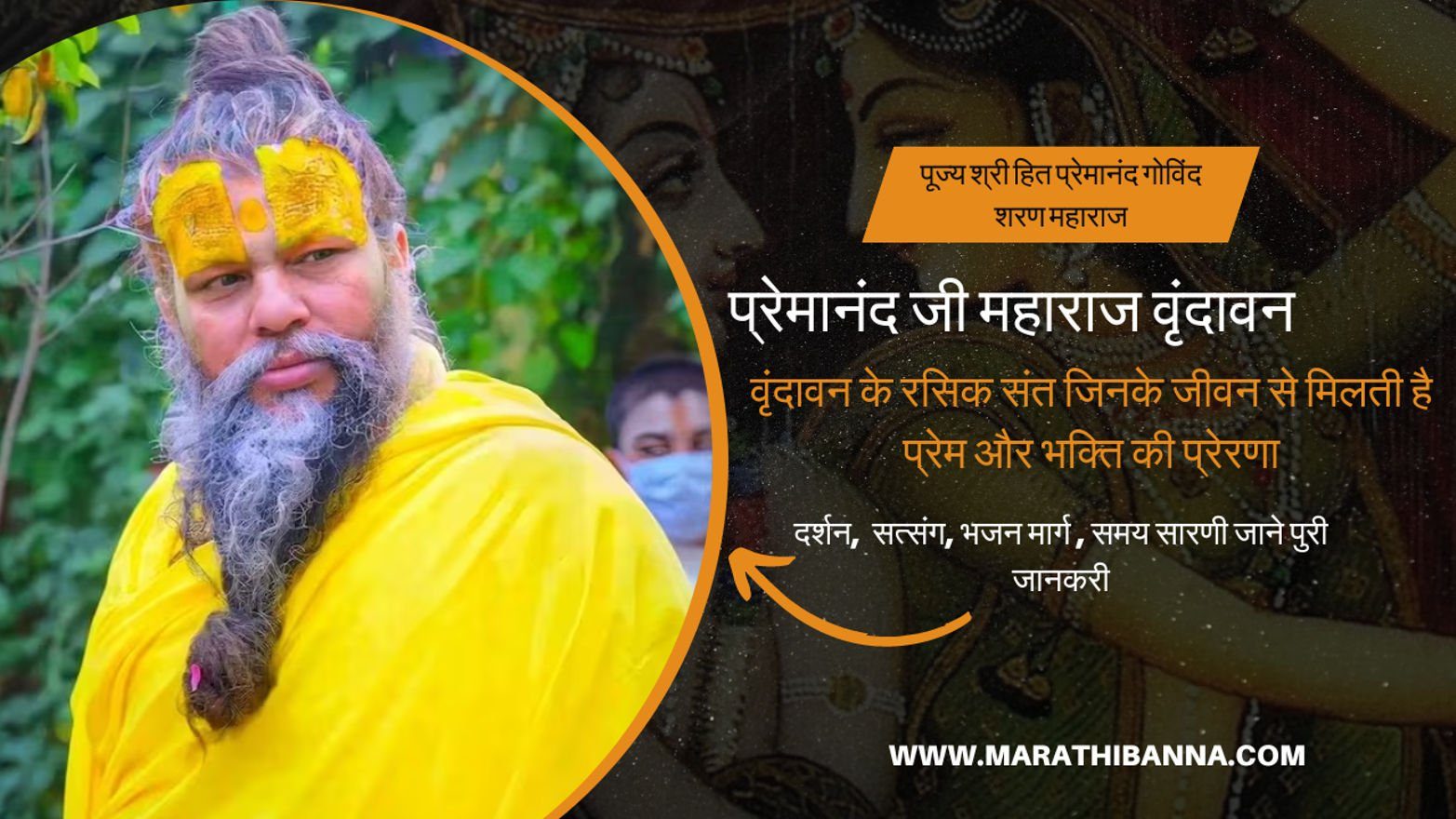Religion plays a significant role in shaping the beliefs, values, and practices of a community. One such religion that has a rich and diverse history is Hinduism. With its roots dating back thousands of years, Hinduism has evolved into a complex and multifaceted religion. In this article, we will explore the history of Hinduism and delve into the importance of Lord Ram in the Hindu religion.
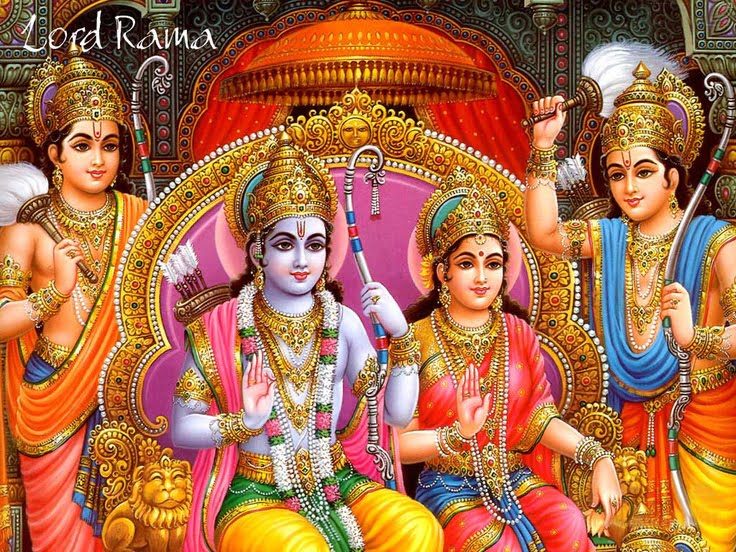
The History of Hindu Religion
Hinduism is one of the oldest religions in the world, with its origins tracing back to the Indus Valley Civilization around 2500 BCE. The term “Hindu” was derived from the Sanskrit word “Sindhu,” which referred to the Indus River. Over the centuries, Hinduism has absorbed various cultural, philosophical, and religious influences, resulting in a diverse and inclusive faith.
Unlike other major religions, Hinduism does not have a single founder or a specific set of doctrines. Instead, it encompasses a wide range of beliefs, practices, and rituals that vary across different regions and communities. At its core, Hinduism emphasizes the pursuit of truth, self-realization, and the eternal cycle of birth, death, and rebirth.
The sacred texts of Hinduism, known as the Vedas, contain hymns, rituals, and philosophical treatises. These texts provide a foundation for Hindu beliefs and rituals, including the concepts of dharma (duty), karma (action and consequence), and moksha (liberation from the cycle of rebirth).
The Importance of Lord Ram in Hindu Religion
Among the many deities worshipped in Hinduism, Lord Ram holds a special place in the hearts of millions of devotees. Lord Ram, also known as Rama, is considered the seventh avatar (incarnation) of Lord Vishnu, who is regarded as the preserver and protector of the universe.
The story of Lord Ram is chronicled in the epic Hindu scripture called the Ramayana. It narrates the life and adventures of Lord Ram, his wife Sita, and his loyal devotee Hanuman. The Ramayana serves as a moral and spiritual guide for Hindus, teaching valuable lessons about righteousness, devotion, and the triumph of good over evil.
Lord Ram is revered as the epitome of virtue, integrity, and righteousness. His unwavering commitment to upholding dharma and his exemplary conduct make him an ideal role model for Hindus. Devotees look to Lord Ram for guidance in navigating the challenges of life, seeking inspiration to live a life of integrity and righteousness.
Read this also –
One of the most significant events in Lord Ram’s life is the battle against the demon king Ravana, who had abducted Sita. Lord Ram’s unwavering determination, aided by the support of his loyal allies and the divine intervention of Lord Hanuman, culminated in the victory of good over evil. This episode symbolizes the triumph of righteousness and the power of devotion.
Lord Ram’s story is not just a religious tale; it has permeated various aspects of Indian culture and society. His ideals of justice, compassion, and moral uprightness continue to inspire people across generations. The celebration of Diwali, the festival of lights, is a testament to the enduring significance of Lord Ram’s life and teachings.
In Conclusion
Hinduism, with its rich history and diverse beliefs, has shaped the lives of millions of people around the world. Lord Ram, as a central figure in Hindu mythology, represents the embodiment of righteousness and serves as an inspiration for devotees to lead a life of integrity and devotion.
Understanding the history of Hinduism and the importance of Lord Ram provides valuable insights into the complexities and depth of this ancient religion. Whether one is a devout Hindu or simply curious about different faiths, exploring the stories and teachings of Lord Ram can offer a glimpse into the profound wisdom and spiritual traditions of Hinduism.

![भारतीय मौसम विज्ञान विभाग (IMD): मौसम पूर्वानुमान, चेतावनी प्रणाली और जलवायु रिपोर्ट 2026 [पूर्ण जानकारी]](https://marathibanna.com/wp-content/uploads/2026/01/भारतीय-मौसम-विज्ञान-विभाग-IMD.webp)



